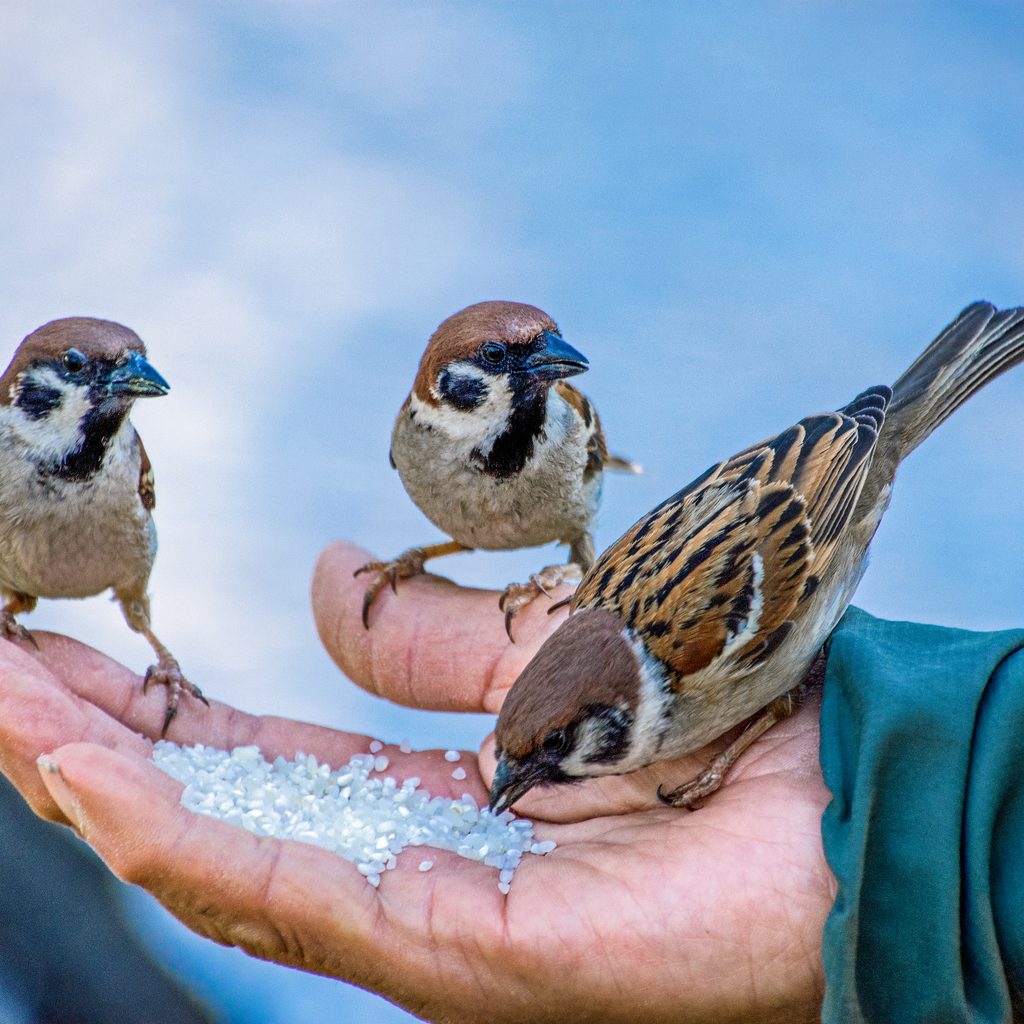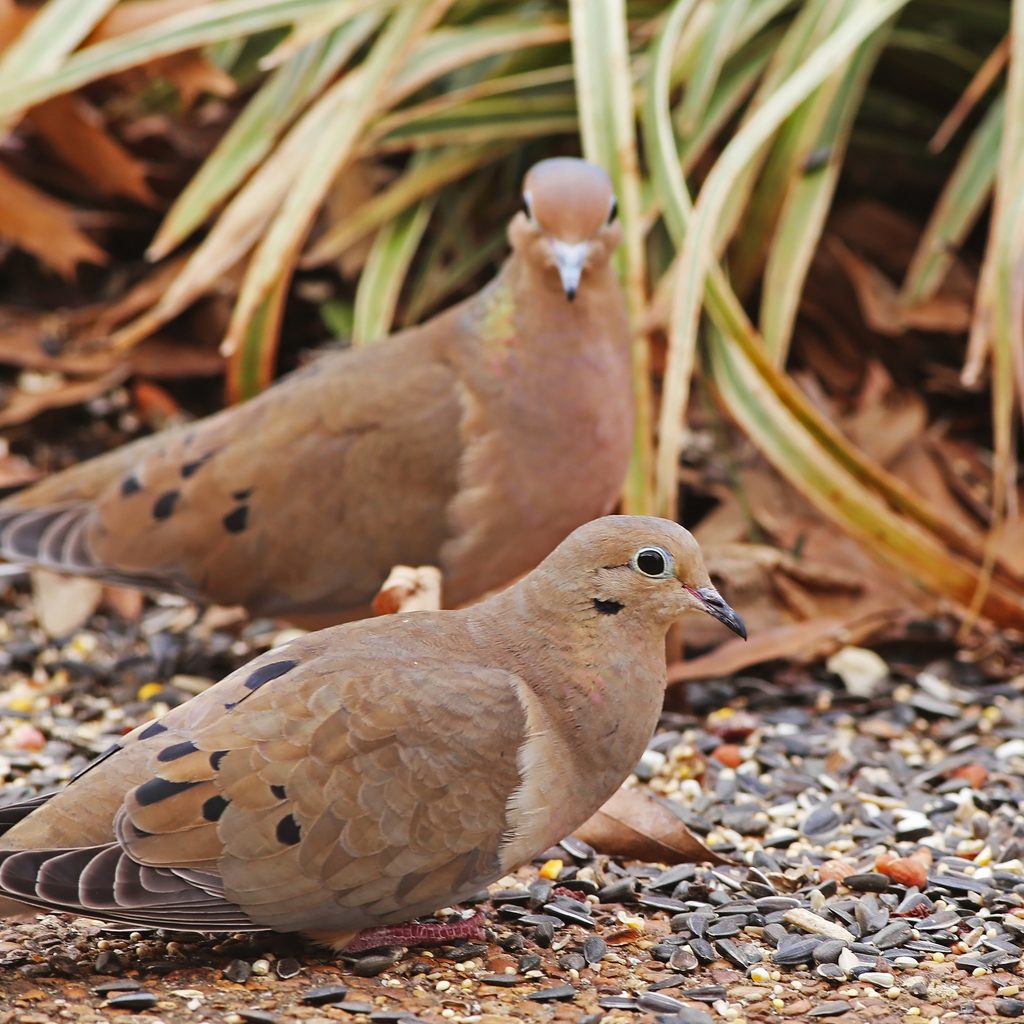Everyone knows of a few things that pets can’t eat: cats and lilies, dogs and chocolate, birds and rice. Or wait, is that actually a problem? Is rice bad for birds? While you may have been to a wedding where the classic tradition was replaced with a bag of Feathered Friend, that might in fact not be necessary. After all, our happy singers eat other seeds and grains with no problems all the time. So can birds eat rice and how would you feed it to them? Here’s what you need to know about offering a snack to your little birds.

Can birds eat uncooked rice?
The myth goes that you can’t feed birds uncooked rice because it will absorb all the water in their stomachs and kill them. Depending on who you heard it from, you may even get the version where it causes them to explode by cooking inside their stomachs. One minute, they’re eating a grain of white rice and the next it has blown up to many times its size and taking the bird with it. It sounds a little out there, and it should give you pause cause it’s not true. Remember that when you make rice on the stove you boil it at 212 degrees; if a bird’s stomach was that hot, it would have much bigger problems. Plus, keep in mind that seeds and other grains like corn and grasses are all bird food. In the wild, many birds eat rice as well and they certainly don’t blow up because of it.
Can birds eat cooked rice?
Yup, just as with uncooked rice, cooked rice is also fine for our backyard visitors. Some species like pigeons and doves will enjoy it a lot and it works well for them in winter especially (when they want easy-access, filling food). It doesn’t really matter what type you go for as birds won’t notice the difference between short vs long grain. The one thing you need to consider closely is that the meal should be totally unseasoned. That means no salt or other spices, not even herbs. Lastly, don’t give the birds warm food since you won’t want them eating something fresh out of the pot, but otherwise, they’ll certainly enjoy sharing your meal when you have stir fry for dinner.

Is rice bad for birds?
To sum up, rice is just fine for birds and many will even enjoy it. Before you dump your pet store seed though, recall that only a few species will dig into your grain lunch. If you put it out for your neighborhood fliers or decide to take a nibble to your parakeet, give them a chance to try it out, but without pushing too hard. If he turns his beak up at it a few times, it might become time to move on and try a few other grains, such as oats. In this case, though, they need to be uncooked since otherwise, they get sticky, which is not good for him. But the only problem with both of these delicious grains is that they don’t provide all the nutrition that birdies need. For a wild bird, that’s of course fine as they have all the food in the yard at their disposal, but a pet bird will get sick from eating just rice since it won’t get him all the nutrients required for optimum function.
The next time someone tells you not to reach for the rice pouch to throw at the happy couple, remind them that there’s no way it could actually explode a songbird. All guests should toss rice (and leave it there) to their heart’s content, knowing it won’t harm birds in any way, and they might even enjoy cleaning up after the bride and groom. Though you can certainly replace the grain with something somewhat more palatable to the local winged wildlife. The one thing you may have to worry about just a little is enticing animals you don’t want around, like rats and squirrels. If that’s a concern, stick with blowing environmentally safe bubbles at special events and leaving all the grains at home.



